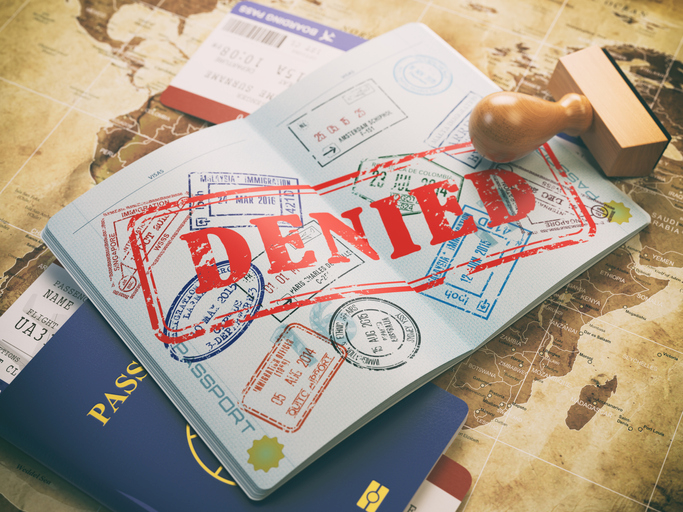Sometimes, an individual may try to get a U.S. visa or green card, but it is inadmissible on certain grounds. This may include something like an inadmissible crime on the individual’s record. In certain cases, the United States Citizenship and Immigration Services (USCIS) can exercise discretion and waive what would otherwise be an inadmissible condition on a person seeking to immigrate to the U.S. in certain cases; however, a waiver may only be available in cases of “extreme hardship.”
What is an Extreme Hardship Waiver?
Extreme hardship waivers may be available when a person who is otherwise inadmissible to the U.S. can show that not being admitted into the country would cause extreme hardship for a qualifying relative. The USCIS maintains strong evidence that the relative would face extreme hardship in the U.S. if the otherwise inadmissible individual were not let into the country or strong evidence the relative would face extreme hardship in the home country.
There is no clear definition of “extreme hardship” in U.S. law. Instead, USCIS adjudicators will consider various factors to decide if extreme hardship exists in each case. USCIS must consider all relevant factors in rendering this decision. Relevant factors to consider in determining if a waiver should be granted based on extreme hardship include:
- The immigrant’s age at the time of entry into the United States, as well as at the time the application for relief is filed
- The ages of the waiver applicant’s children
- The ability of the applicant’s children to speak the native language should they be forced to return
- The ability of the applicant’s children to adjust to life in the country of origin should they be forced to return
- The availability of medical treatment needed by a qualifying relative in the country of origin
- The applicant’s length of U.S. residency
- Contributions the applicant has made to the U.S. community
- Ties the applicant has to the U.S. community
Not all factors will be given the same weight. It is within the discretion of the USCIS officer to review the application to determine whether or not a waiver pursuant to extreme hardship is merited. With extreme hardship waivers, a qualifying relative usually means a spouse, parent, or child.
The extreme hardship test applies to several different types of waivers, including
- Waiver of deportation or barred entry (Form I-601)
- Provisional unlawful presence waiver (Form I-601(a))
- Waiver of inadmissibility for certain crimes (Immigration and National Act (INA) 212(h))
- Waiver of conditions on lawful permanent resident status (INA 212(i))




